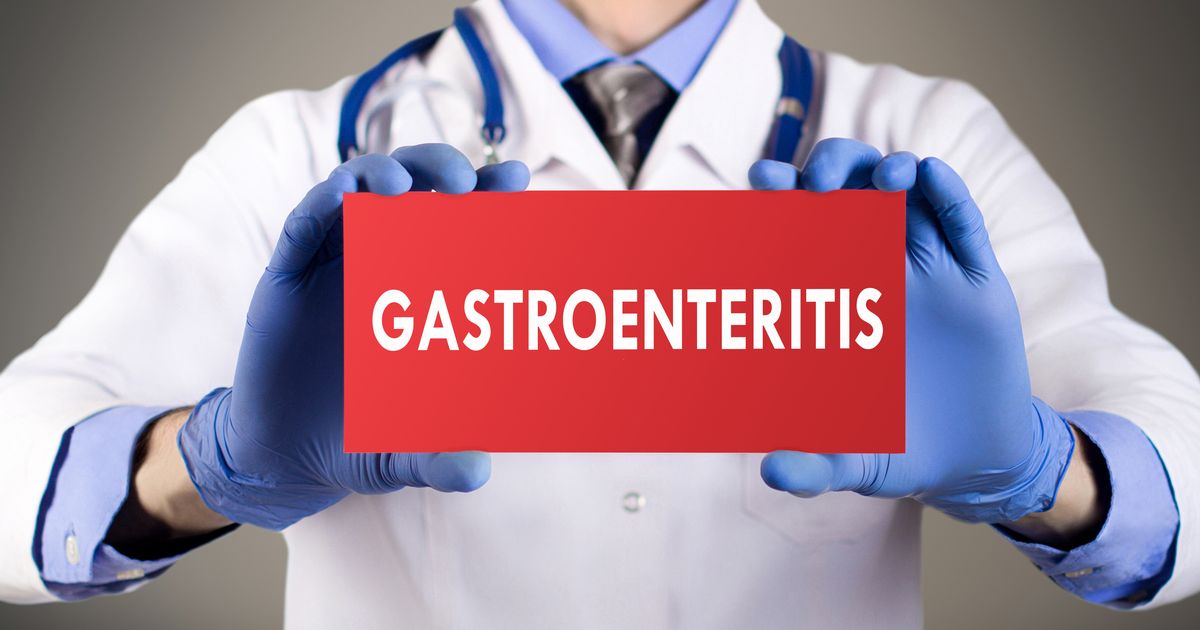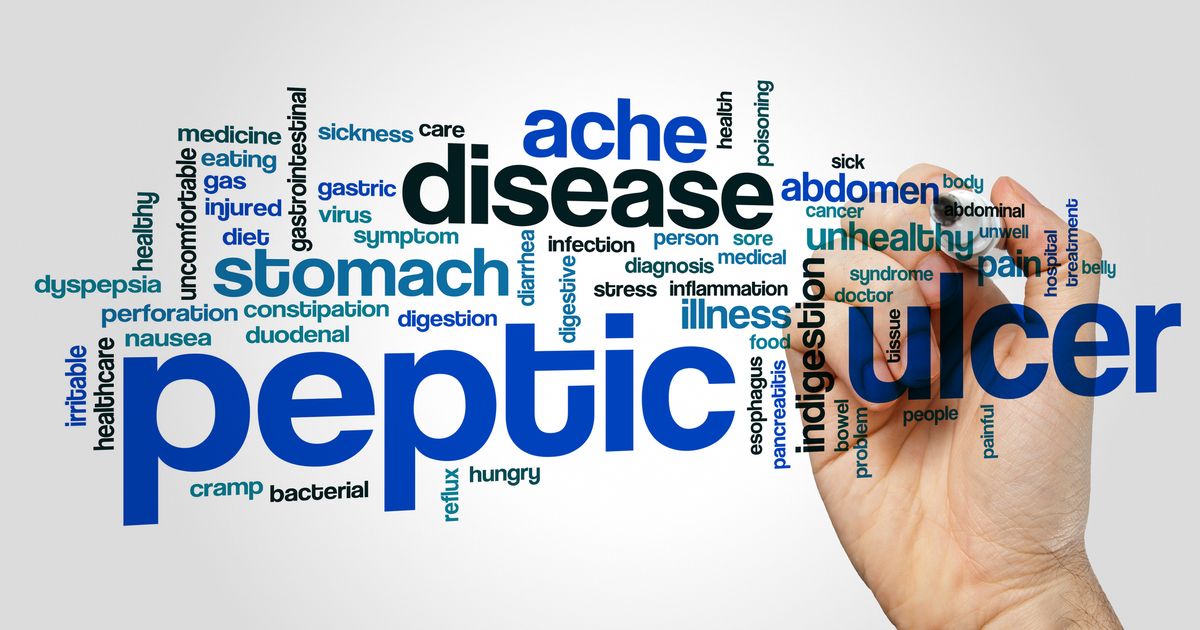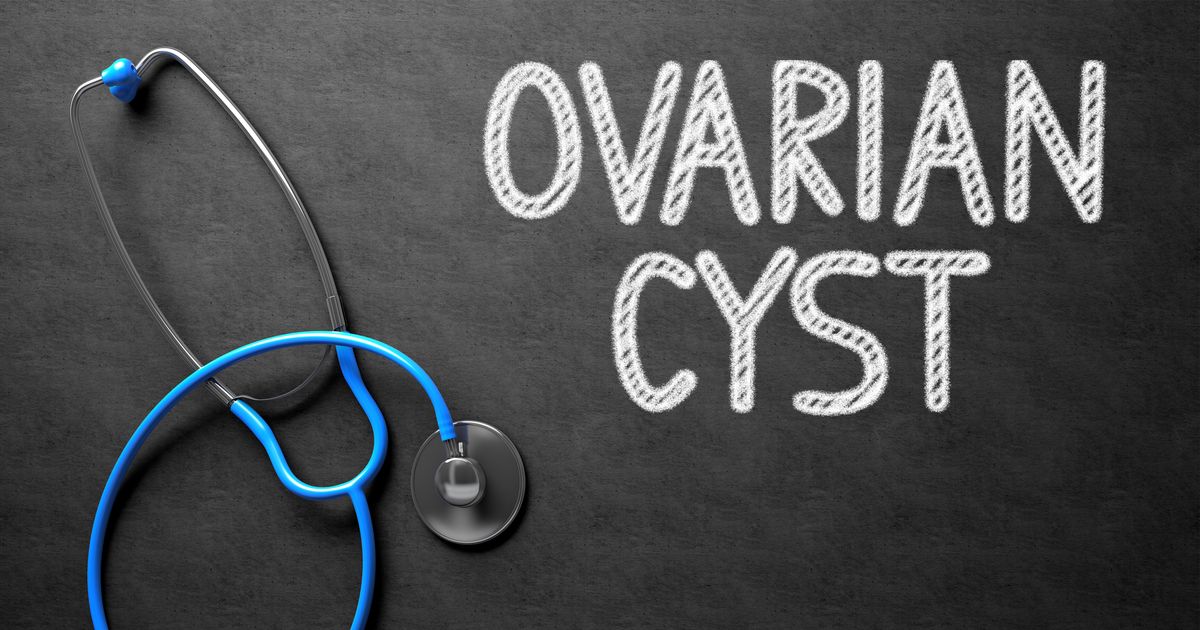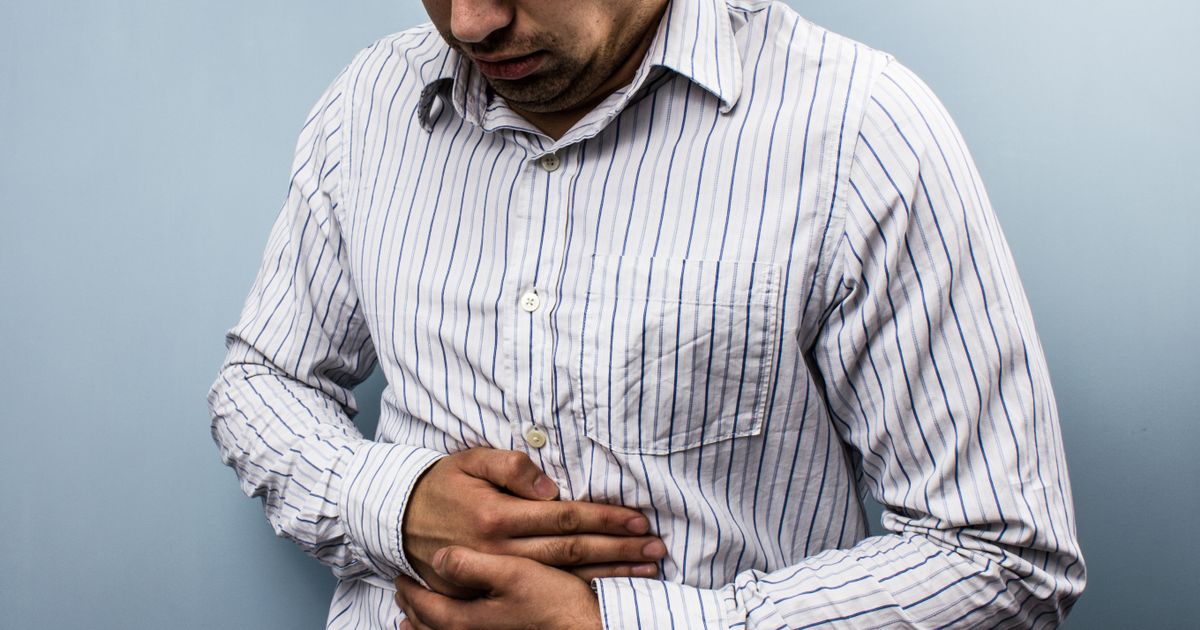Abdominal Pains And What They Could Mean
Occurring between the pelvic region and chest, abdominal pain can be challenging to diagnose. Based on a number of factors and possible causes, it’s always best to seek medical attention if you feel as though something isn’t right. Listen to your body. Whether you’re experiencing a dull, sharp, or aching pain in your abdomen, it’s important to understand possible causes, so that you can seek treatment or make specific lifestyle changes.
Frequent Abdominal Pain And Gastrointestinal Issues - Food Allergies

Food allergies and intolerances are extremely common and although you may have eaten a certain food your whole life, that doesn’t mean that your body agrees with it. If you’re allergic to dairy, for instance, you may experience unexplained gastrointestinal issues - including diarrhea, cramps, and abdominal pain. These symptoms will be due to issues within your digestion system.
Sharp And Persistent Abdominal Pain - Inflammation Of An Organ

Whether you’re suffering from an inflamed colon or appendix, nagging and sharp pain can occur. The major organs located within your abdomen include your liver, gallbladder, pancreas, stomach, spleen, kidneys, intestines, and appendix. Inflammation can occur based on a wide range of factors, including disease and infection.
Localized Abdominal Pain - Ulcers

Ulcers are extremely painful and can be found in the intestines or stomach lining. As the protective mucus lining thins, digestive acids are able to cause damage. Based on the amount of acid present, exposed areas are often extremely painful. Most commonly, affected individuals complain about a localized burning sensation. A number of factors play a role, including smoking, genetics, diet, infection, and the long-term use of nonsteroidal anti-inflammatory drugs. If you have an ulcer, avoid coffee, soda, spicy foods, processed items and fast food, while limiting your intake of red meat.
Cramp-Like Abdominal Pain - Gas and Menstruation

Some level of gas is normal, but when excessive gas gets trapped, it can lead to bloating and pain. If you have noticed that you’re passing gas more frequently, pay close attention to your diet. The pain comes from built-up gas that has nowhere to go, increasing the amount of pressure. When it comes to menstruation, certain hormones trigger muscle contractions, which help the body expel the lining of your uterus. If your cramps are severe or occur when you’re not menstruating, seek a professional opinion.
Constant and Dull Abdominal Ache - Ovarian Cysts

Although a constant, dull abdominal pain could be caused by a number of factors, ovarian cysts are one of the most probable. Ovarian cysts are simply fluid-filled sacs that form inside one’s ovaries. In many cases, these cysts are symptom-free - until they are large enough to cause discomfort.
It is also possible for large cysts to push on your bowel or bladder, resulting in a constant ache. Since these cysts can rupture or cause your Fallopian tubes to twist, it’s important to have any associated pain checked by your physician. That way, you eliminate more serious possibilities, such as cancer.
Abdominal Cramps - Food Poisoning

Food poisoning is the result of eating food that is either toxic, contaminated, or spoiled. Although food poisoning generally will not cause much pain, it may cause symptoms such as bloating, abdominal cramps, diarrhea, nausea, vomiting, loss of appetite, weakness, headaches, and a mild fever. If the food poisoning progresses, it may cause dehydration, severe abdominal pain, a fever over 102 degrees Fahrenheit, muscle weakness, difficulty seeing and speaking, blood in urine or diarrhea, and jaundice. If severe symptoms arise, contact a doctor immediately.
Chronic Inflammation Of The Digestive Tract - Crohn’s Disease

There are many symptoms to be aware of caused by Crohn’s disease such as abdominal pain, fatigue, nausea, weight loss, and diarrhea that can sometimes be bloody. It is a chronic inflammatory disease of the digestive tract that is treated with antidiarrhetics and prescription anti-inflammatory medications alongside lifestyle changes such as exercising and maintaining a healthy diet.
Crohn’s disease is caused by problems with the immune system, genetics, and environmental factors such as microbes and cigarette smoke. However, flare-ups can be avoided by taking medication correctly, knowing triggers, eating healthy, quitting smoking, avoiding over-the-counter pain relievers like ibuprofen, naproxen, and aspirin, and by taking care of stress.
